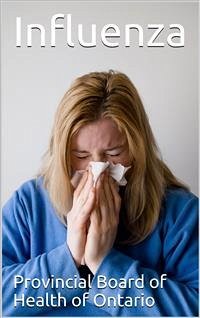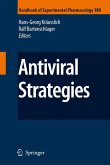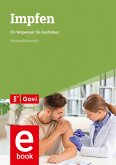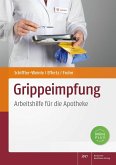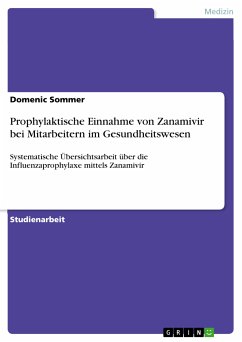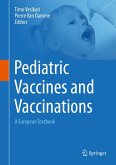The Provincial Board of Health deems it advisable that the statement issued by the American Public Health Association, following the recent meeting in Chicago should be in the hands of the medical profession of Ontario. Consequently this statement is herein given in full.
As there is considerable difference of opinion among health officers, the profession and the public, with reference to the value of measures of prevention, such as the placarding and quarantine of premises where the disease exists, the Board has deemed it of sufficient importance to add some remarks giving the views of provincial and state officers of health in this respect as well as upon other points of interest.
With the view of learning the experience of the state and provincial health officers of the United States and Canada the Board addressed the following inquiry to all such officers, viz.:—“Does your province (or state) require the reporting, placarding and quarantine of influenza, and, if so, do you consider placarding and quarantine of such, practicable?”
Replies were received from the health officers of the nine Canadian provinces and from 43 state health officers. Four of the provinces of Canada reported that placarding and quarantine of influenza was impracticable. One states that “modified quarantine was working fairly well,” another said that “the law was not well obeyed,” a third stated “almost impossible in rural places,” and a fourth “many infractions but believe good effect,” a single officer only declared it practicable.
Of the reports from United States’ health officers, 29 out of the 43 or 67 per cent. state that placarding and quarantine in influenza are impracticable. Of the remainder of the replies nine report the law practicable, and five qualify their statement by such expressions as “seems to be of value,” “enforcement depends on local sentiment,” “law fairly obeyed,” “beneficial,” “believe quarantine should be included.”
Thus it will be seen that out of 52 health officers of the states and provinces of North America, 9 frankly state, as the result of their experience, that placarding and quarantine are practicable, 10 qualify their approval, and 33 frankly state that these measures are impracticable.
The real facts, considering the views of the American Public Health Association as well as of the public health authorities of the two countries, seem to be, as Sir Arthur Newsholme, Chief Medical Officer of the Local Government Board of England, says, “I know of no public health measures which can resist the progress of pandemic influenza.” And, as remarked by Dr. Victor Vaughan at the recent meeting, “I say that, in the face of the greatest pestilence that ever struck this country, we are just as ignorant as the Florentines were with the plague described in history.”
The Chairman of the Provincial Board says: “If our patients are put to bed immediately they feel the first symptoms of the disease and kept there for 5 days after the temperature falls, they will, in the large percentage of cases, recover.”
As there is considerable difference of opinion among health officers, the profession and the public, with reference to the value of measures of prevention, such as the placarding and quarantine of premises where the disease exists, the Board has deemed it of sufficient importance to add some remarks giving the views of provincial and state officers of health in this respect as well as upon other points of interest.
With the view of learning the experience of the state and provincial health officers of the United States and Canada the Board addressed the following inquiry to all such officers, viz.:—“Does your province (or state) require the reporting, placarding and quarantine of influenza, and, if so, do you consider placarding and quarantine of such, practicable?”
Replies were received from the health officers of the nine Canadian provinces and from 43 state health officers. Four of the provinces of Canada reported that placarding and quarantine of influenza was impracticable. One states that “modified quarantine was working fairly well,” another said that “the law was not well obeyed,” a third stated “almost impossible in rural places,” and a fourth “many infractions but believe good effect,” a single officer only declared it practicable.
Of the reports from United States’ health officers, 29 out of the 43 or 67 per cent. state that placarding and quarantine in influenza are impracticable. Of the remainder of the replies nine report the law practicable, and five qualify their statement by such expressions as “seems to be of value,” “enforcement depends on local sentiment,” “law fairly obeyed,” “beneficial,” “believe quarantine should be included.”
Thus it will be seen that out of 52 health officers of the states and provinces of North America, 9 frankly state, as the result of their experience, that placarding and quarantine are practicable, 10 qualify their approval, and 33 frankly state that these measures are impracticable.
The real facts, considering the views of the American Public Health Association as well as of the public health authorities of the two countries, seem to be, as Sir Arthur Newsholme, Chief Medical Officer of the Local Government Board of England, says, “I know of no public health measures which can resist the progress of pandemic influenza.” And, as remarked by Dr. Victor Vaughan at the recent meeting, “I say that, in the face of the greatest pestilence that ever struck this country, we are just as ignorant as the Florentines were with the plague described in history.”
The Chairman of the Provincial Board says: “If our patients are put to bed immediately they feel the first symptoms of the disease and kept there for 5 days after the temperature falls, they will, in the large percentage of cases, recover.”

